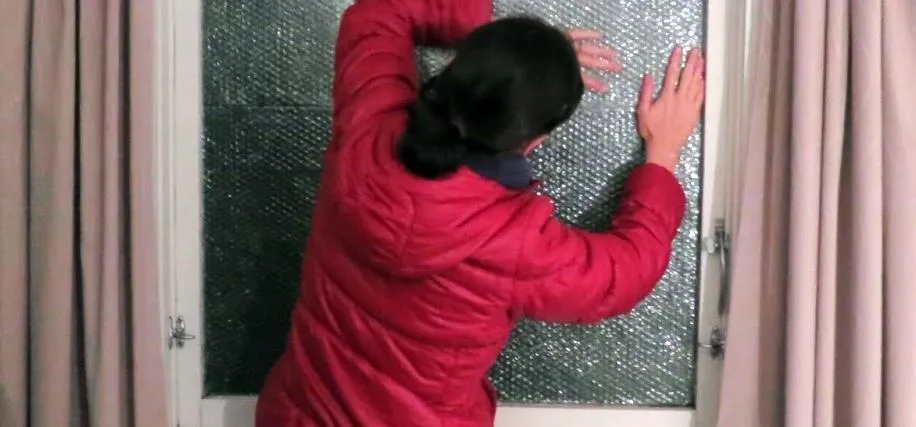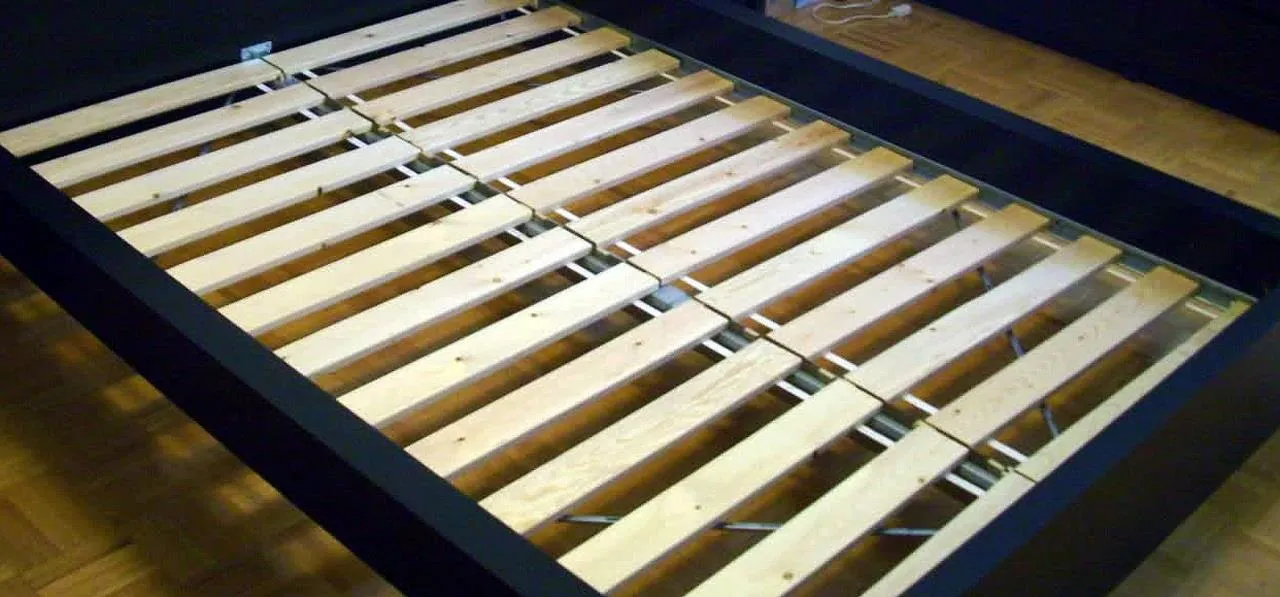Whether you drive a new or used car, discovering a new dent, scratch, or scuff mark can send you into a frustration spiral. While there are many DIY ways to deal with dents, scratches and scuff marks are trickier because using the wrong stuff could make your car's paint job look even worse.
Use Toothpaste to Remove Scratches & Scuffs
Just grab a damp, soft cloth and a smear of toothpaste, and you can erase scratches and scuff marks on your car without much work involved. This trick works best if the scratches and scuff marks haven't fully penetrated the clear coat of your vehicle's paint. If you can grab hold of a scratch with your fingernail, it might be too big to buff out with toothpaste.
Toothpaste works to sand down the uneven surface of your car's glossy sheen and fills in the gap. Just make sure the surface around the area is clean—you don't want to buff particles of dirt and debris into your paint. If there is foreign paint on the outside, the toothpaste will act as an abrasive to help remove that, too.
Add a dab of toothpaste to your damp cloth. Rub the toothpaste onto the scratch or scuff mark using small circular motions to cover its surface. As you move or lift the cloth, you should see the scratch or scuff mark disappear. When you see that the mark is gone, you're finished!
Mike Shoesmith demonstrates the technique for scuff marks in the video below. If you'd like to speed up this process, as he demonstrates, you can use a buffing attachment on your drill.
Why Toothpaste Works
The scratch-removing magic of toothpaste works on your car's surface and a variety of other delicate items. Known to remove the scratches on CD and DVD discs, and potentially marks on the screens of your phone and tablet, it can be a smoothing wonder. But what makes it so effective?
According to Ryan Dube of MakeUseOf, toothpaste is a sanding tool. It's like a lighter, softer form of sandpaper. As you gently rub toothpaste onto a slick surface, it "catches" on any imperfections that exist and softly sands them away, wearing away the uneven surface problems and polishing the surface clean.
Although we don't think of our toothpaste as doing any sanding on our teeth, it's essentially performing this same task every time we brush. After all, how else would it remove the leftover pieces of last night's dinner and polish our teeth?
Picking the Right Paste
However, buffing out scratches and scuffs with any old toothpaste won't cut it. NC Consumer, along with other sources online, says that whitening toothpaste is best.
Whitening toothpaste works because of its rougher, grittier texture. Though you might not feel a difference in your brushing routine, it makes a significant difference when used on your car's paint. Whitening toothpaste contains small, barely discernible abrasives, ones that similar to the abrasives found in car polish. As you gently rub the toothpaste against your car, the abrasive action removes tiny layers of film and clear coat, polishing away those ugly marks and leaving a glistening mirror shine.
If you're worried about using the wrong toothpaste or want to buff up your entire car (that'd be a lot of toothpaste), you could opt for some clay bars or a detailing kit, which do a great job getting your paint job as smooth as glass.
What Else Is Toothpaste Good For?
Once you've selected the perfect abrasive toothpaste, there's a lot you can fix with it. You can eliminate scuff marks on your shoes, turn your car's headlights clear again, and even get rid of those stubborn water rings on beat up furniture. And, of course, you can brush your teeth with it. Whichever way you use your toothpaste, remember it's a wonderful sanding tool in a pinch.
Cover image via Car Paint Repair and Mike Shoesmith/YouTube







Comments
No Comments Exist
Be the first, drop a comment!